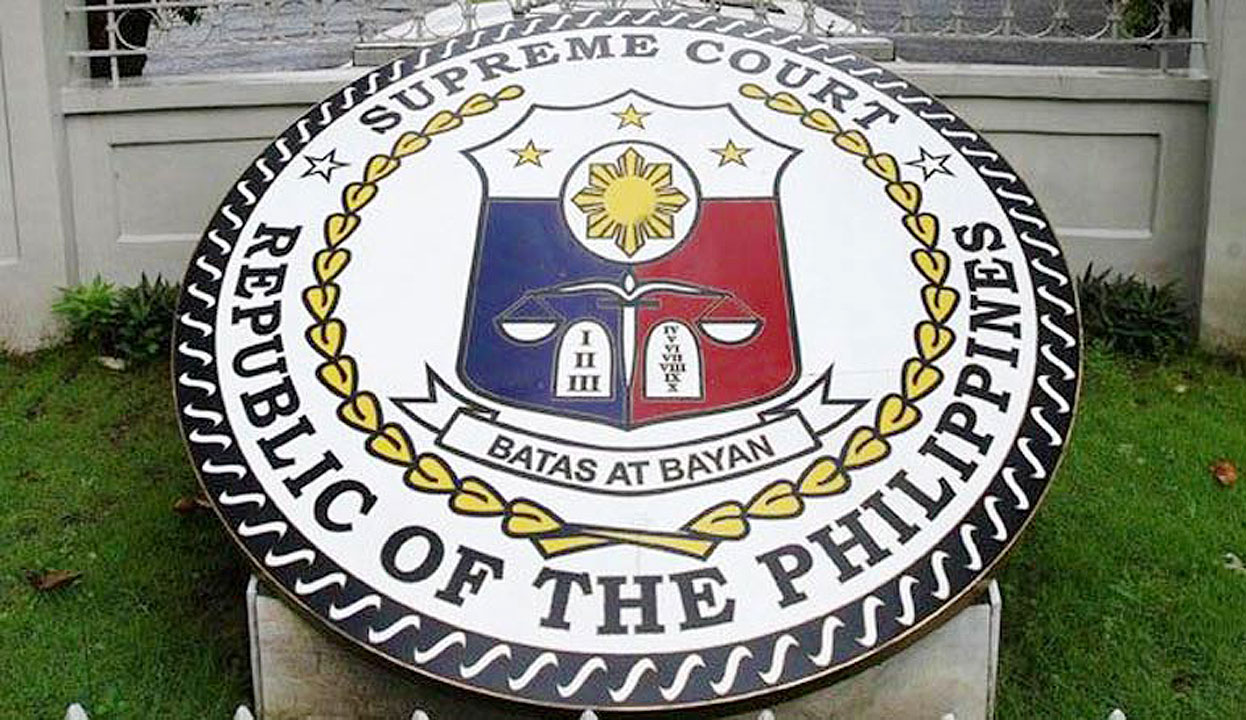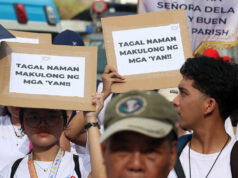SC: Tax evaders have civil liability

A PERSON accused of tax evasion — a criminal offense — is deemed to have been sued as well for the collection of one’s unpaid taxes, which is the civil aspect of the case, the Philippine Supreme Court (SC) ruled.
In a 43-page decision dated March 28 and released on Tuesday, the High Tribunal said the government need not formally assess a defendant of his tax liability in a separate lawsuit.
“The institution of the criminal action shall carry with it the corresponding civil action for taxes and penalties,” read part of the decision penned by Associate Justice Mario V. Lopez.
The SC ruling was in response to a petition filed by businessman Joel C. Mendez, who was charged with not filing his 2002 Income Tax Return (ITR) of P1.52 million and providing false information in his 2003 ITR of P2.11 million.
While the Court of Tax Appeals (CTA) found Mr. Mendez guilty of criminal charges, it refrained from imposing civil liability for deficiency taxes, citing the pending final tax assessment from the Commissioner of Internal Revenue (CIR).
The high tribunal subsequently ruled that a prior assessment of CIR is not required to collect delinquent taxes in a criminal tax case.
SC upheld the CTA’s decision, affirming Mr. Mendez’s guilt for tax violations, imposing a sentence of imprisonment for one to two years with a fine of P10,000. It recommended remanding the case to the CTA for the determination of the precise amount of Mr. Mendez’s civil liability. — Jomel R. Paguian



